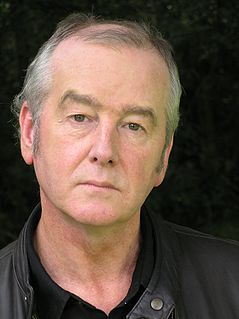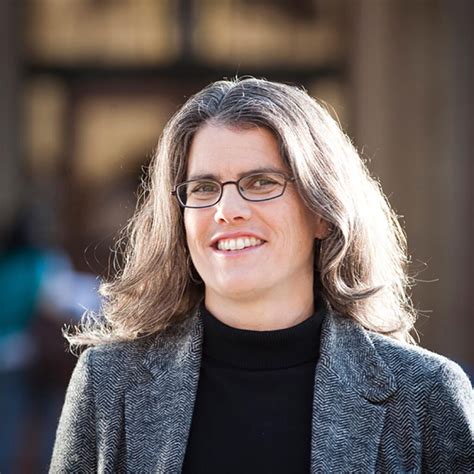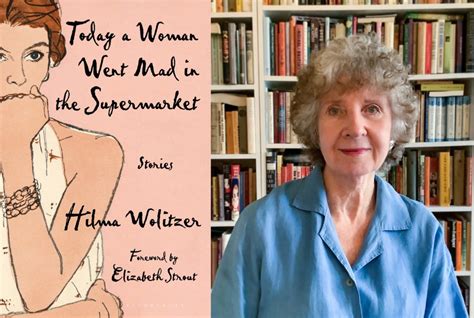A Quote by Terry Pratchett
The truth is that even big collections of ordinary books distort space, as can readily be proved by anyone who has been around a really old-fashioned secondhand bookshop, one that looks as though they were designed by M. Escher on a bad day and has more stairways than storeys and those rows of shelves which end in little doors that are surely too small for a full-sized human to enter. The relevant equation is: Knowledge = power = energy = matter = mass; a good bookshop is just a genteel Black Hole that knows how to read.
Quote Topics
Anyone
Around
Bad
Bad Day
Been
Big
Black
Black Hole
Books
Collections
D Day
Day
Designed
Distort
Doors
End
Energy
Enter
Equation
Escher
Even
Full
Good
Good Book
Hole
How
Human
Just
Knowledge
Knows
Little
Looks
Mass
Matter
More
Old
Old-Fashioned
Ordinary
Power
Proved
Read
Readily
Really
Relevant
Rows
Secondhand
Shelves
Small
Space
Stairways
Surely
Than
Those
Though
Too
Truth
Truth Is
Were
Which
Related Quotes
When I was 10 years old, I loved - I loved books, and I used to haunt the secondhand bookshop. And I found a little book I could just afford, and I bought it, and I took it home. And I climbed up my favorite tree, and I read that book from cover to cover. And that was Tarzan of the Apes. I immediately fell in love with Tarzan.
I can walk into a bookshop and point out a number of books that I find very unattractive in what they say. But it doesn't occur to me to burn the bookshop down. If you don't like a book, read another book. If you start reading a book and you decide you don't like it, nobody is telling you to finish it.
There are more stars than there are people. Billions, Alan had said, and millions of them might have planets just as good as ours. Ever since I can remember, I’ve felt too big. But now I felt small. Too small. Too small to count. Every star is massive, but there are so many of them. How could anyone care about one star when there were so many spare? And what if stars were small? What if all the stars were just pixels? And earth was less than a pixel? What does that make us? And what does that make me? Not even dust. I felt tiny. For the first time in my life I felt too small.
Once, in my father's bookshop, I heard a regular customer say that few things leave a deeper mark on a reader than the first book that finds its way into his heart. Those first images, the echo of words we think we have left behind, accompany us throughout our lives and sculpt a palace in our memory to which, sooner or later—no matter how many books we read, how many worlds we discover, or how much we learn or forget—we will return.
Obviously we don't have 300 million people. We haven't got a big army. We don't have Hollywood. We're a medium small-sized country. We have to do what medium small-sized countries do, which-even though we're not smarter than other people-is to make ourselves seem to be smarter. We have to work harder and know more than other people.
The current publishing scene is extremely good for the big, popular books. They sell them brilliantly, market them and all that. It is not good for the little books. And really valuable books have been allowed to go out of print. In the old days, the publishers knew that these difficult books, the books that appeal only to a minority, were very productive in the long run. Because they're probably the books that will be read in the next generation.
Everything I learn about the world, whether it's the simple arcana of how commercial products are manufactured and designed and how they reach our shelves and where the chips come from and who does the code, to more profound things like whether or not a black hole might be penetrable as a wormhole, whether or not universes might be accessible from here, whether space can be stretched and compressed to enable faster-than-light travel without violating physical law - all of those things have tremendous story potential.
If you are resolutely determined to make a lawyer of yourself, the thing is more than half done already. It is but a small matter whether you read with anyone or not. I did not read with anyone. Get the books, and read and study them till you understand them in their principal features; and that is the main thing. It is of no consequence to be in a large town while you are reading. I read at New Salem, which never had three hundred people living in it. The books, and your capacity for understanding them, are just the same in all places.
Round and round the questions flew, until finally I found myself standing at the open door of a bookshop. It’s natural in times of great perplexity, I think, to seek out the familiar, and the high shelves and long rows of neatly lined-up spines were immensely reassuring. Amid the smell of ink and binding, the dusty motes in beams of strained sunlight, the embrace of warm, tranquil air, I felt that I could breathe more easily.
My adrenaline started pumping anytime I was within a hundred yards of a bookshop. I loved books nearly as much as I loved clothes. And that's saying something. The feel of them and the smell of them. A bookshop was like like an Aladdin's Cave for me. Entire worlds and lives can be found just behind that glossy cover. All you had to do was look.


































